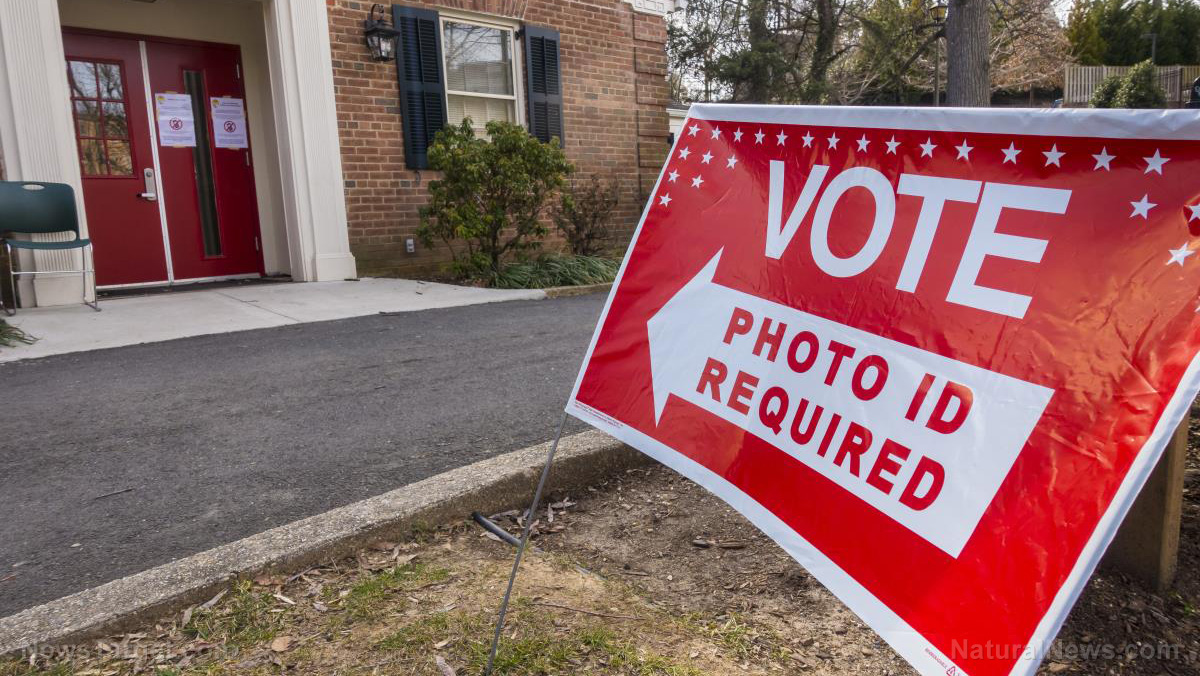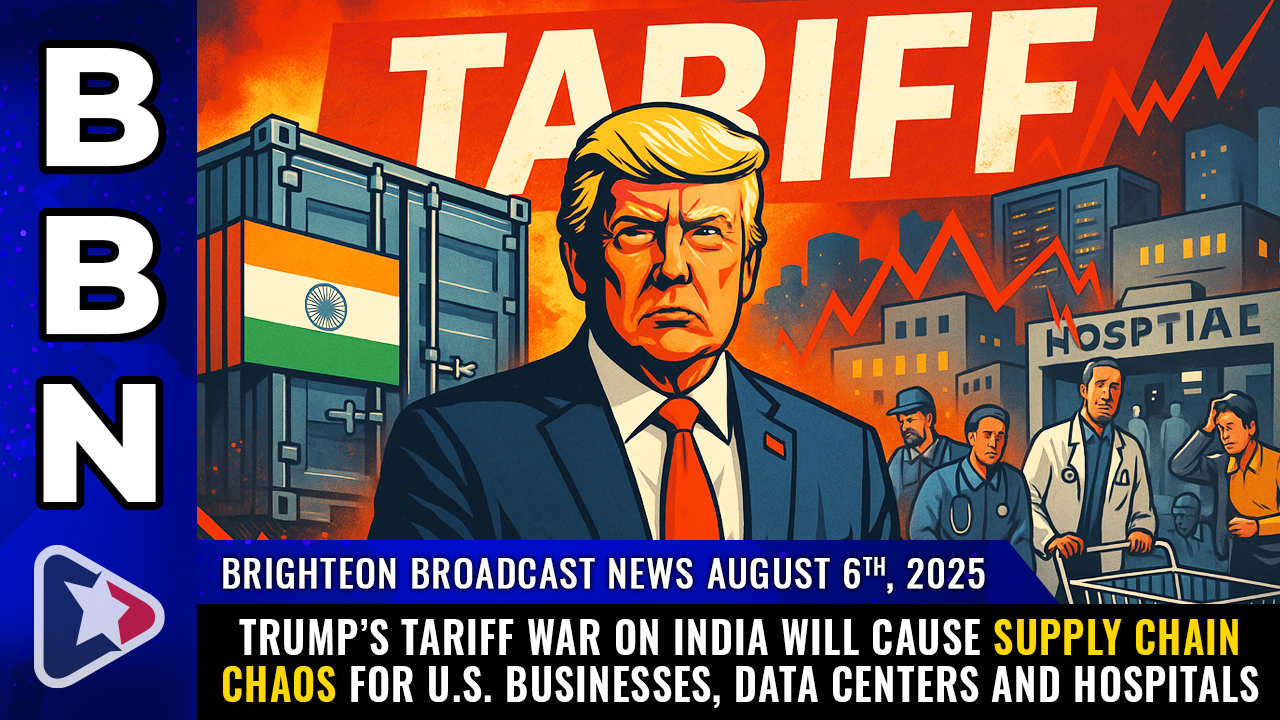 Parler
Parler Gab
Gab
- On Day 5 of the "End of Slavery Summit," Justin Bauman argued that the biggest obstacle to ending slavery isn't the elites but the "slave mentality" ingrained in people, perpetuated by statist conditioning and psychological dependency.
- Bauman exposed contradictions in modern abolition movements, highlighting how even freedom advocates often support government coercion, revealing moral hypocrisy across political spectrums.
- True freedom required abandoning any justification for systemic violence (e.g., prisons, state control) and refusing to bargain with "lesser evils," as even "kinder" slavery is immoral.
- Liberation demanded self-mastery, ruling one's own mind and healing internal trauma. Movements fail when leaders ignore "inner tyranny" while fighting external oppression.
- Bauman urged immediate personal accountability: Raise standards, reject moral relativism and act as a sovereign, without waiting for systemic collapse or permission.
More from Day 5 of the "End of Slavery Summit"
Day 5 of the "End of Slavery Summit" doesn't end there. Here's a summary of the topics tackled by other speakers: Brandon Smith discussed:- His journey from serving in the Marine Corps to questioning government narratives after 9/11 and the Iraq War. He described how documentaries like "Zeitgeist" and research into natural law, symbolism and spirituality shifted his worldview.
- How materialism (e.g., flat earth vs. globe debates) distracts from deeper spiritual truths. Smith emphasized that aligning with natural law and the golden rule matters more than physical worldviews.
- How emotional wounds and societal conditioning keep people enslaved to systems (e.g., debt, government control). Smith linked slavery to a lack of self-awareness and the need for inner freedom through spiritual growth.
- How governments function like organized crime, exploiting those who reject personal responsibility. He suggested that conscious communities (e.g., rural living, self-sufficiency) could reduce reliance on oppressive systems.
- His critiques on independent media for avoiding spirituality and divisive topics (e.g., USS Liberty incident).
- Why are law enforcement and military systems part of a corrupt, hierarchical "cult" where order-followers enforce immoral policies. He criticized selective enforcement, excessive force and the betrayal of the "protect and serve" ideal, citing the Uvalde shooting as an example of systemic failure.
- The monetization and injustice of prisons, highlighting how non-violent offenders (e.g., drug users) are housed alongside violent criminals, calling the system a corrupt extension of state control.
- "Functional self-defense" as principles applicable across armed/unarmed combat, emphasizing reality-based training over ego-driven duels. He tied martial arts to natural law, advocating for a balance between discipline, combat sports and real-world scenarios.
- His hallucinogenic drug-induced visions and subsequent spiritual encounters (e.g., animal communications) after a 2014 breakdown and forced psychiatric hospitalization. These experiences led him to reject statism and embrace anarchist principles, linking consciousness to natural law.
- Why order-followers (cops, military, medical staff) should quit immoral systems and reject unjust orders. He stressed saying "no" to tyranny (e.g., medical mandates) and forming voluntary communities to resist oppression, framing freedom as a moral imperative under natural law.
Want to know more?
If you are ready to break the chains that bind you now, skip the wait and unlock instant access to all episodes and bonus content with the "End of Slavery Summit" package here. This is your chance to watch on your terms, at your pace–no delays, no censorship, no compromise. Because when it comes to freedom, why wait, when you can wake up now? Upon purchase, you will get instant and unlimited access to all "End of Slavery Summit" episodes, curated learning tools, 30 unique speaker gifts, 27 bonus videos from host Cory Endrulat, essential bonus eBooks, 60 clips from "The Liberator 2 Showcase Event Community Wisdom" and printable graphics and ads you can use to share the message. Sources include: BrighteonUniversity.com 1 BrightU.com BrighteonUniversity.com 2Federal appeals court upholds Texas voter ID requirement for mail-in ballots
By Laura Harris // Share
“End of Slavery Summit” on BrightU: Stephanie MoDavis discusses healthcare’s fatal flaw
By Jacob Thomas // Share
Trump threatens tariffs on India amid Russian oil purchases, risking global trade fight
By Finn Heartley // Share
Federal judge upholds “constitutionality” of Rhode Island’s gun permit law
By Laura Harris // Share
Governments continue to obscure COVID-19 vaccine data amid rising concerns over excess deaths
By patricklewis // Share
Tech giant Microsoft backs EXTINCTION with its support of carbon capture programs
By ramontomeydw // Share
Germany to resume arms exports to Israel despite repeated ceasefire violations
By isabelle // Share










